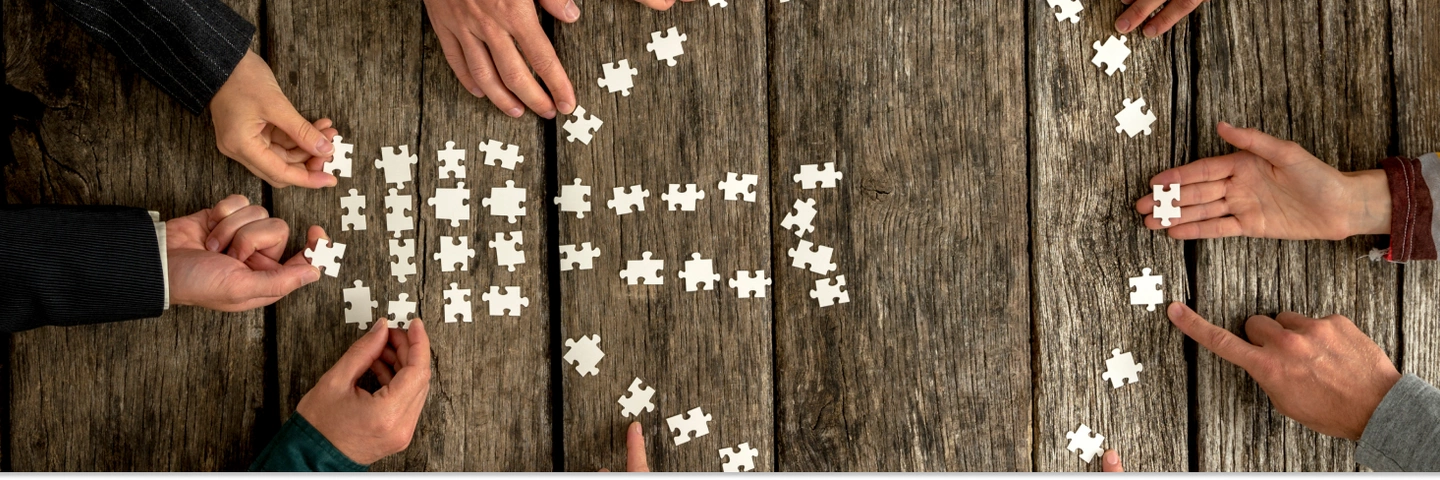CSR RDV #1 - The Energy Transition
In September 2016, a major debate on the energy transition was launched in the metropolis, an opportunity for the Audencia School's CSR Chair to give voice to those who are mobilizing in our territory.
CSR RDV #2 - Encouraging Gender Diversity
In a society dominated by conformity and aesthetics, it's still difficult to change people's preconceptions about all forms of disability. How can we encourage and promote diversity and inclusion?
CSR RDV #3 - Responsible Fashion
Responsible fashion is fashion that prioritizes respect for the planet, the ecosystem and all stakeholders in the value chain.
CSR RDV n°4 - Giving Meaning Through Art
What is the state of the relationship between the arts and our contemporary Western societies, which are undergoing profound changes, sometimes even in crisis or in search of meaning? What is the role of the artist in the agora? What is the role of public authorities and economic actors in supporting the creation, distribution and sensitization of all audiences, whether schoolchildren, company employees, etc.?
CSR RDV #5 - Be a Welcoming Company
Open your doors, sponsor job seekers, integrate interns. How can you become a welcoming company? How can you ensure diversity within your company and equal access to employment?
CSR RDV #6 - Renting Rather Than Buying
The emergence of the functional economy, renting instead of buying, the gradual predominance of the notion of use instead of ownership.
CSR RDV #7 - CSR & Business Creation
What if the changes we're experiencing forced us to rethink our relationship with materials?
CSR RDV #7 - CSR & Business Creation
How can we support entrepreneurs on their path to responsible development? What if it all started in the ecosystems that nurture these start-ups, especially in incubators? What is their responsibility in the CSR governance and management of these projects?
CSR RDV #8 - Local Currency
Sometimes called social, parallel or solidarity currencies, complementary local currencies (CLCs) are backed by the mainstream currency and serve as a means of exchanging goods, services and knowledge locally. The phenomenon is not as embryonic as it seems in France, where CLCs are based on more than thirty existing initiatives, with another thirty or so in the pipeline. Moreover, these currencies have been recognized by the law on the social and solidarity economy (ESS) of 31.07.2014. The 2008 financial crisis showed that only just under 5% of international financial flows were truly circulating and serving the real economy. So what about the rest? How can MLCs be a factor in economic development? To talk about it:
CSR RDV #9 - Fostering Biodiversity
Faced with the withdrawal of the United States from the 2015 Paris Agreement, justified by its president on the grounds of the costs and job losses that the agreement would entail, the direct interests of the economy and those of environmental protection have never been more at odds.
Will the economy, in its purely productivist vision, continue to be built on the principle of domination and exploitation of nature and its resources? Even today, despite the warnings of observers, will we continue to deplete living organisms and contribute, through our modes of production and consumption, to the disappearance forever of species and, more broadly, of entire ecosystems? And finally, how can economic actors, on the contrary, contribute to the preservation and protection of the environment, or even to the development of biodiversity?
CSR RDV #10 - The Transition Talents Project
The Transition Talents program is a unique initiative that brings together local public and private stakeholders who have decided to innovate together to support associations and job seekers. How did this project come about? Who are the actors involved? How did they manage to work together? Which associations were involved in the experiment? What types of jobseekers have benefited? What are the initial conclusions and benefits for all involved? Finally, can this experiment be replicated on a larger scale and in other areas? Let's talk about it:
